
Security Sector Reform in Somalia: A Disaster in the Making
Size: 109 KB
Political Reform 2013-2016
Between 2013 and 2016, Somalia experienced the hype and disappointment of "Vision 2016," metaphor for "political reform" that prioritized three tasks: 1. the review and completion of the Provisional Constitution; 2. the establishment of Federal Member States (FMS) through political and legal framework; and 3. the democratization of the political system by enacting political party law and electoral law for free and fair election; all were to be done before August 2016 election. The International Community pledged 2.8 billion dollars to support the statebuilding priorities, including the political reform.
No significant actions have been taken for the completion of the provisional constitution and the democratization of the political system. The improvised formation of the FMS violated the provisional constitution and common sense practices of public policy development. More harmfully, the process left the 1.6 million people living in Benadir region out of the benefits of self-governance within the framework of the federal system for no good reasons.
Thus, "Vision 2016" fell far short of accomplishing the basic expectations of building Somali State with legitimacy, authority, and capacity. The stalled review and completion of the Provisional Constitution until today, despite flurry of consultation shows, remains principal obstacle to building sustainable state in Somalia.
Political Development 2017-2018
Since the government affairs are ongoing concern, the administration of President Mohamed Abdullahi Farmajo elected on February 8, 2017 inherited the responsibility of tackling right away all the challenges facing the country, primarily the thorny issues left behind by former administrations. But, after 17 months in power, the performance of President Farmajo’s administration depressed public expectation for lack of meaningful progress. Few of the many cases that stunned the International Community and the Somali well-wishers, are the appointments of inexperienced loyalists to high public service positions, the feeble "leadership presence” at times of leadership crisis, use of violence, intimidation, and verbal abuses against critics and opponents, recreation of autocratic state model, and resistance to course correction of political failures.
People are bewildered by the President’s complete U-turn from his popular electoral positions and relapse to failed leadership style, he vehemently criticized before his election. President’s volte-face reinforces the deepening public cynicism that only bold faced lies and flattery are marketable at the Somali political market. Valuable words like conflict resolution, ownership, reconciliation, inclusion, trust, integrity, good governance, justice, rule of law, and democracy, are used just for demagoguery.
The UN Security Council and other international bodies are alarmed to the point of expressing concern about the political unity and stability of Somalia. Emerging signals indicate that the federal government is losing steadiness and nervously seeking political backing in exchange for concessions detrimental to the sovereignty, independence, and social cohesion of the country.
State Media, Social Media hires, religious groups, and artists are mobilized to woo public support for the federal government. Internationally, using public funds, the federal government hired US lobby firm BGR of Messrs. Ed Rogers and Haley Barbour to gain the lost support of US Administration.
Security Sector Reform 2017-2021
The SSR, aiming at transforming the security and justice services, is the flagship priority of the statebuilding goals to be implemented effectively and efficiently between 2017 and 2021. The effective implementation of SSR is pivotal because the African Forces (AMISOM) providing security and stability to the Federal Government for the last decade are conditionally planning to transfer their responsibilities to the Somali forces by 2020. Unfortunately, the reform implementation started with wrong approach because the decision-making leaders of the federal government failed to honor the tenets of the roadmap for SSR as explained in the Provisional Constitution and in the International Security Pact and New Partnership Agreement adopted at the London Conference on Somalia on May 11, 2017.
First, the Provisional Constitution affirms that Somalia is a federal, sovereign, "democratic” state. This means that all government actions must be conducted in accordance with the democratic principles and good governance practices like clear rules and procedures, transparency, consultation, consensus, inclusivity, strong parliamentary oversight, and respect of separation of powers and institutional responsibilities and accountability.
The constitution allows the establishment of only four types of security services-military, intelligence service, police force, and prison force. It also specifies the mandates of each security force and democratic principles governing them, the civilian management and oversight bodies, the independent commission (National Security Commission) responsible for the development of security frameworks, and the institutions responsible to investigate the abuses of the security forces against the citizens - Ombudsman Office and Human Rights Commission.
Oddly enough, the federal leaders threw away civilian clothes and dressed military uniform and took over the management and oversight responsibilities of civilian institutions and the operational responsibilities of the Commanders of the armed forces. This odd behavior proves the gross misunderstandings about the significance of separation of roles and responsibilities between the security forces (allowed to use force)-military, police, intelligence, and prison forces- and the civilian management/oversight institutions- the President, the Parliament, the Prime Minister, the Ministers of defense, Internal Security, and Finance, Auditor General, the Federal States, and the Civil Society.
Before serving as "Commander In Chief” of armed forces, the President’s first and foremost duty is to ensure the respect of the constitution and rule of law. Between the "Commander In Chief” and the Commanders of the armed forces, there are hierarchical structures- Ministers, civil servants, and FMS. The President’s leadership behavior and relation with the armed forces under democratic system are distinctly different from the behavior and relation under the authoritarian regime.
Second, to improve the knowledge, capacity, and experience of the Somali policy and decision makers on the concepts, scope, principles, and activities related to SSR, the international community supported, among many projects, the preparation of studies and conferences examining the subject for practical solutions. In January 2017, the World Bank and the United Nations issued a technical report titled "Security and Justice Public Expenditure Review (PER)” to help the Somali leaders understand the critical role of fiscal budget and public financial management in the SSR. The report details the widespread problems of corruption, desertions, and disorganization affecting the police, the military, and the justice service. Finally, it offers long list of recommendations for consideration in rebuilding those institutions within the framework of the federal state. The estimated annual cost for the security and justice services is $ 428 million dollars.
The London Security Pact between the Federal Government of Somalia and 42 international partners operationalizes Somalia National Security Policy, National Security Architecture, New Policing Model, National Strategy and Action Plan for preventing and Countering Violent Extremism, and Justice and Correction Model, all approved by the National Security Council. Article 6 of the Pact states that "the pact sets out an agreed vision of Somali led security institutions and forces that are affordable, acceptable, and accountable and have the ability to provide the security and protection that the people of Somalia deserve and need, in accordance with international humanitarian and human rights standards as part of a Comprehensive Approach to Security.”
Article 1o declares that "Somali political leaders and heads of its security forces agreed to continue to commit to uphold human rights and international humanitarian law and to strengthen institutions and measures for doing so……” Article 11 underscores "…….All parties recognize the importance of ensuring a strong emphasis on affordability and public financial management, framed within the centrality of broader civilian oversight process…..Conflict resolution and reconciliation mechanisms, along with strengthening the rule of law and extending state authority are also necessary to enable effective security...” The above selected articles of the Pact encapsulate the concept and scope of SSR spelled out in the Provisional Constitution and in the policy papers of USAID, EU, United Nations, World Bank, and Geneva Center for Democratic Control of Armed Forces (CDCAF).
Group of 6 members- Turkey, United Arab Emirates, European Union, United States, United Kingdom, and United Nations has been identified as Somalia security partners. The purpose is to coordinate the international security support to Somalia for effectiveness, efficiency, and mutual accountability.
In April 2018, Michael Keating, the Special Representative of the UN Secretary General for Somalia and Sagal Abshir, Fellow at the Center on International Cooperation at New York University published a paper on "The Politics of Security in Somalia,” highlighting the domestic and international obstacles standing in the way of successful SSR. Two of the many challenges mentioned in the paper are: 1. the balance between the ongoing fighting against Al Shabab and the rebuilding of security institutions as part of statebuilding efforts; and 2. how the security structures envisaged in Somalia’s National Security Architecture will coalesce with the structure of FMS. One simmering problem is the separation of Benadir region self-governance from the federal government rule in the context of federal system.
The central recommendation of the paper stresses "the need to prioritize the resolution of the broader constitutional question of how the Somali federal system will function and how rights, responsibilities and powers will be shared between the center and peripheries.” The complexity of the political problems discussed in the paper calls for problem-solving mindset. Out of 48 month term of the federal government, 17 months have elapsed without noteworthy progress.
After attending the forum on "Strategic Geography: Horn of Africa” organized by the Global Community Engagement and Resilience Fund (GCERF), INGO, at World Economic Forum, Davos, Switzerland, Prime Minister Hassan Kheire attended the international Conference organized by Fragility, Conflict, and Violence Group, World Bank Group, under the theme "2018 fragility Forum: Managing Risks for Peace and Stability,” held in Washington, DC on March 5-7 2018. One of the 46 Forum sessions concerning on the problems vexing the fragile states like Somalia, was dedicated to "2018 Fragility Forum: Prevention through Security Reform.” Speakers of the session emphasized the interdependent relation between security, justice, and development and the multidimensional intellectual and practical work needed to realize successful SSR. Somalia was one of the sample countries.
In Brussels on May 2, 2018, PM Hassan participated the event of "Somalia High Level Security Meeting,” in which it was launched the Security Transition Plan outlining the operational benchmarks necessary for the transfer of security responsibility to Somali security forces. In the plan, the federal Government promises that it will follow Comprehensive Approach to Security (CAS) which means that along the SSR, the federal government and FMS will implement statebuilding activities that include constitutional reform, stabilization, local governance, institutional expansion of local policing and justice, and the political roadmap for 2020/2021 election. The international partners expressed their intent to discuss with the federal government about 100 million dollars of budget support with blatant foot-dragging. The upcoming High Level Partnership Meeting in Brussels, Belgium, in July 2018, is watershed for the international support to the political and security stability and development of Somalia.
In the light of the above cajoling, coaching, and mentoring, the federal government has yet to show good understanding, competence, and drive needed to implement the SSR efficiently and effectively in accordance with the resolutions of Somalia National Security Council and the commitments in the London Security Pact within the time frame. The continuing lockdown, restriction of free movement, feeder road closings, prohibition of access to health services and earning livelihood, onerous travel, imposed upon Mogadishu residents are not reasonable and tolerable security reform measures.
The recalcitrance to quickly and drastically reform the National Intelligence Service Agency (NISA) and creation of paramilitary force signal that the SSR is hijacked and could turn into a disaster in the making. The critical element of security sector reform is the loyalty of armed forces to the constitution, rule of law, and state against the loyalty to the leader of the state.
In conclusion, the state building efforts in Somalia requires state leader genuinely patriotic (not a pawn), competent in post-conflict statecraft, conscious of the social ills stoking conflict, violence, and divisions, and willful to seek the service and advice of Somali experts in politics and public administration, security and rule of law, socio-economic development and international cooperation. Political settlement, Administrative and civil service infrastructure, strong parliamentary oversight, and fight against corruption are the stepping stone to security governance that manages and controls the recruiting training, equipping, and accountability of the armed forces.
Mr. Mohamud M Uluso



 0
0 
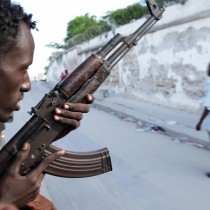

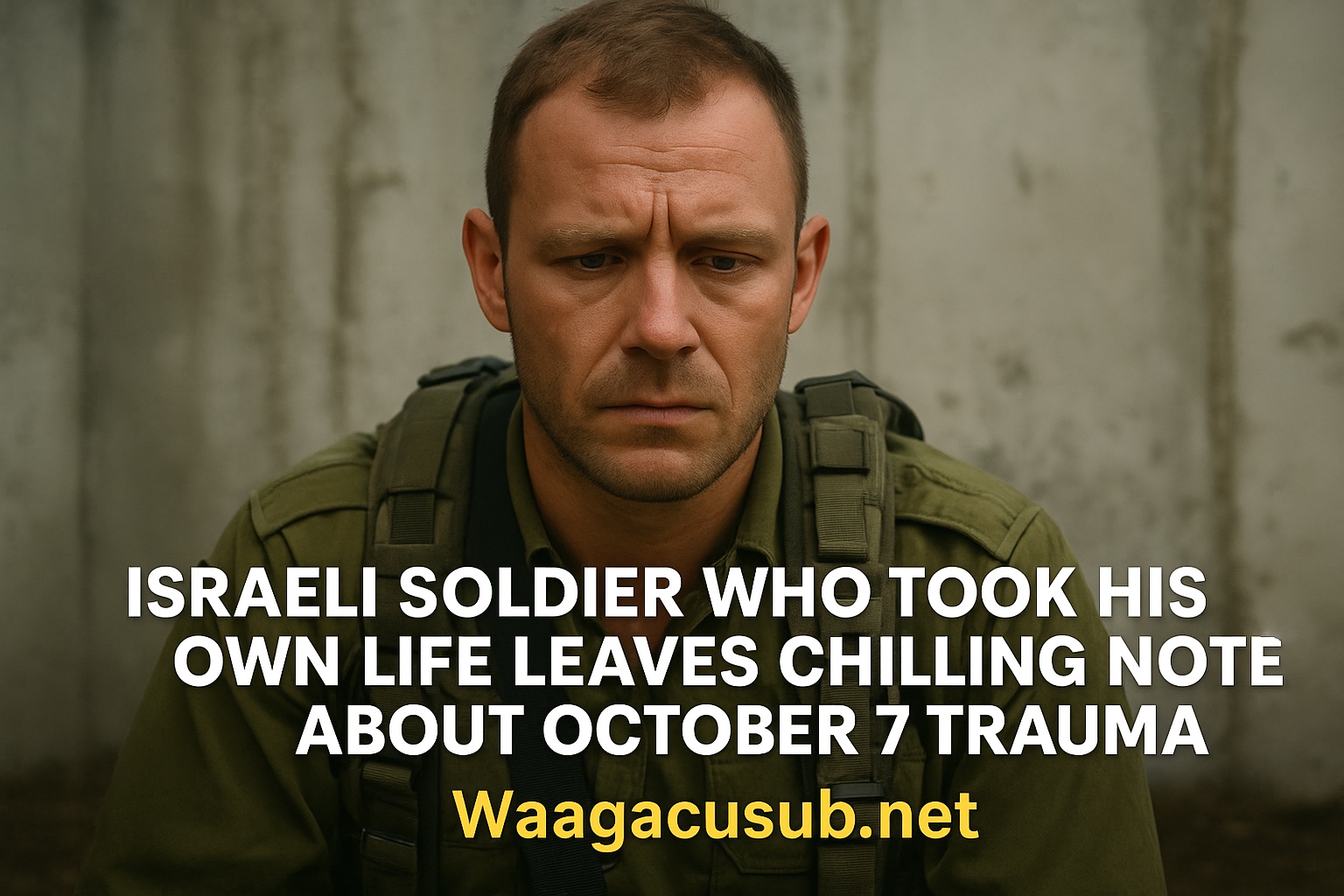
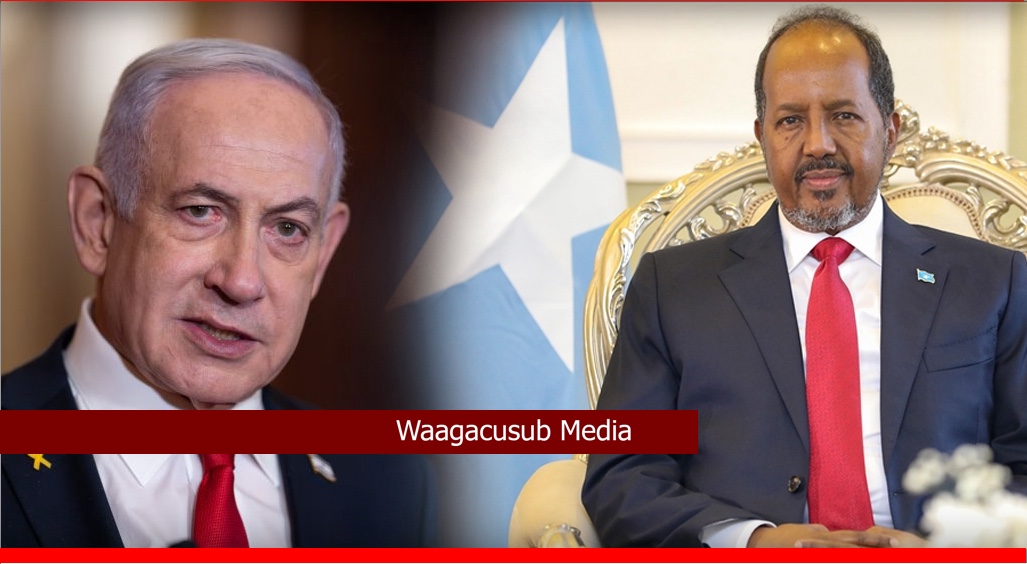
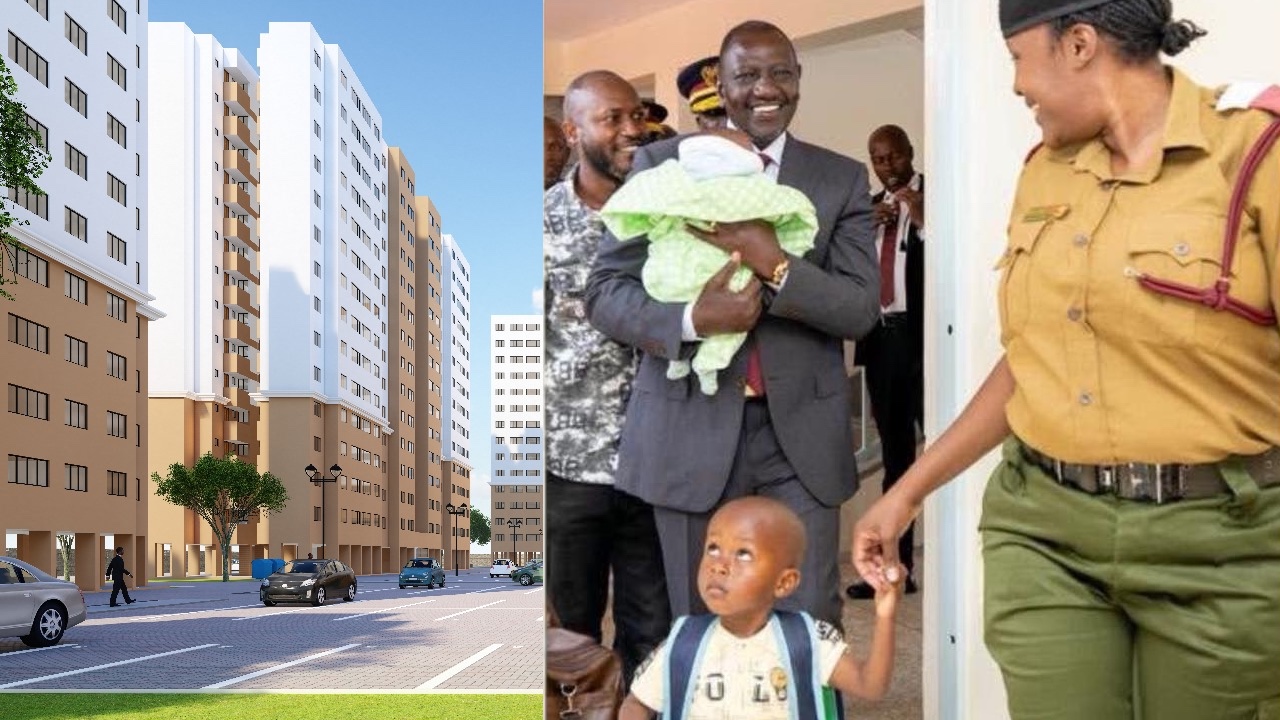
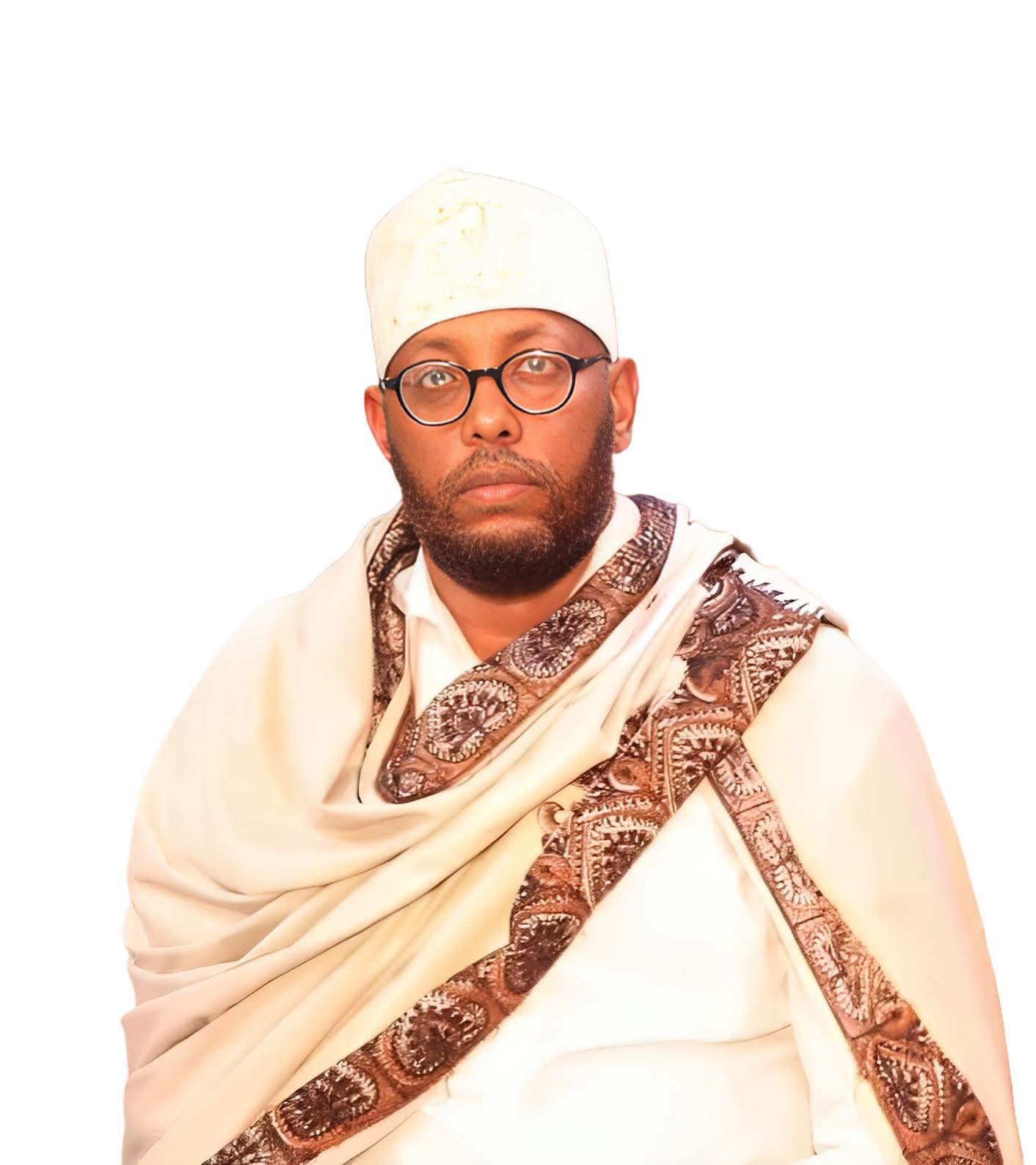
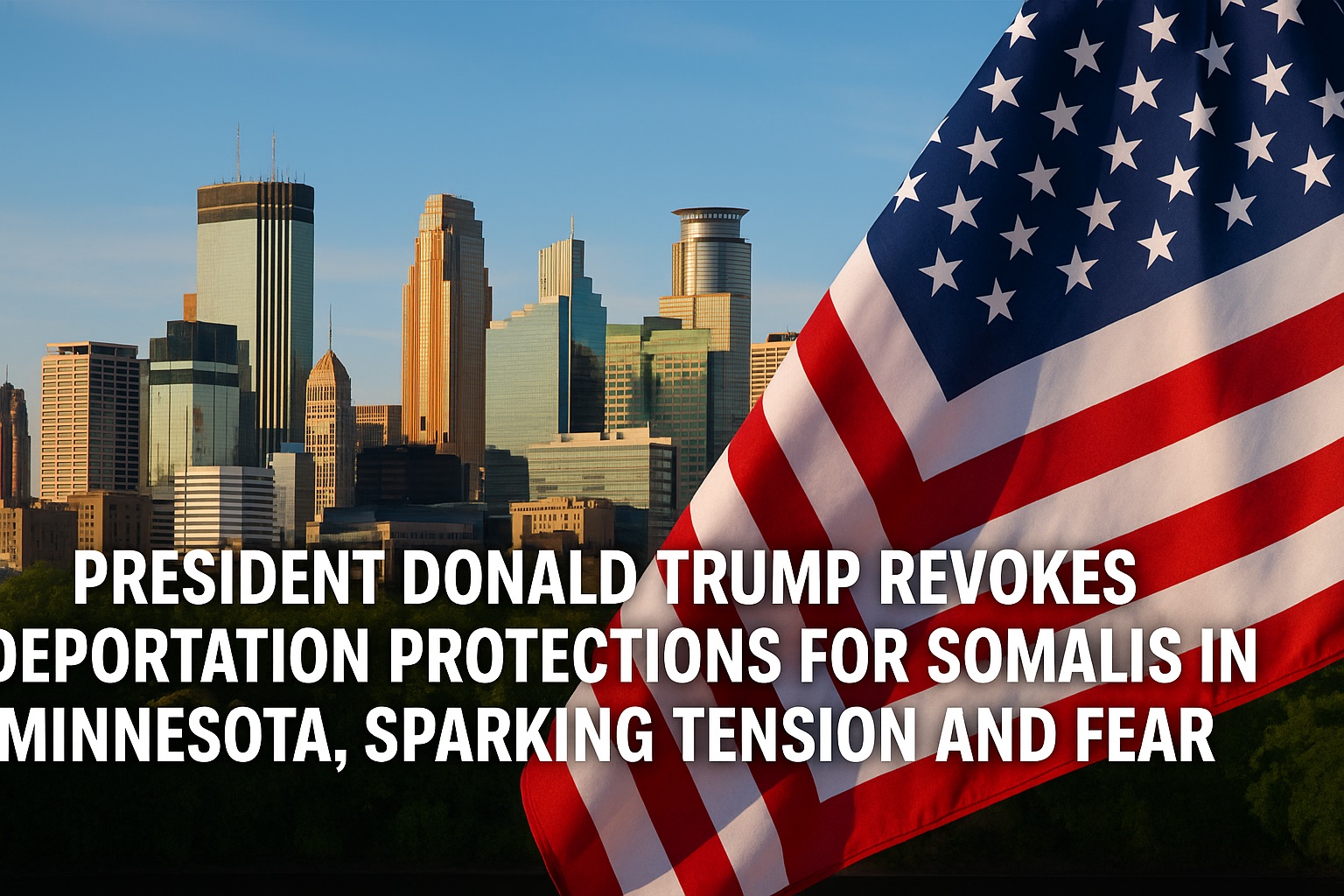
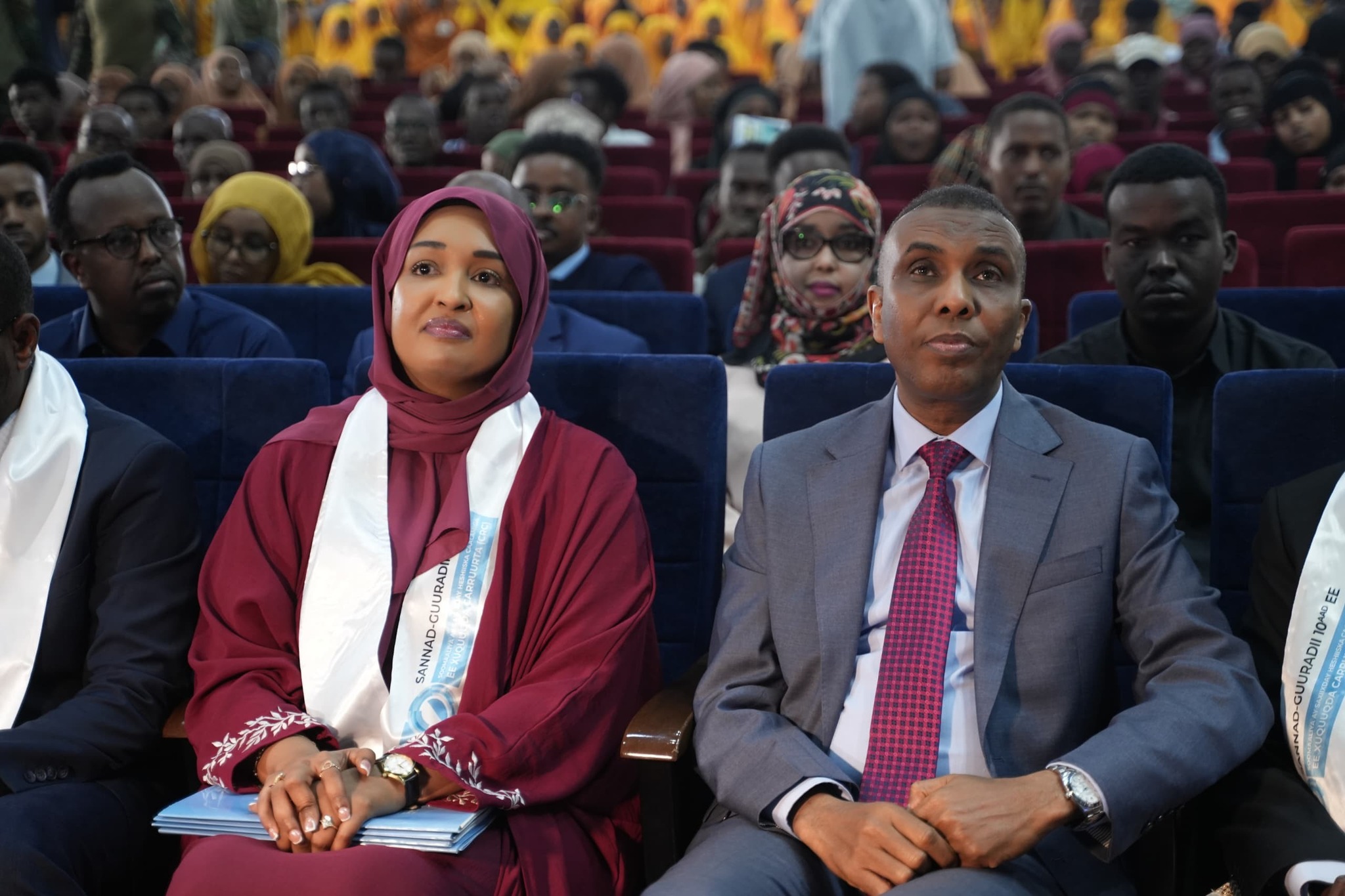
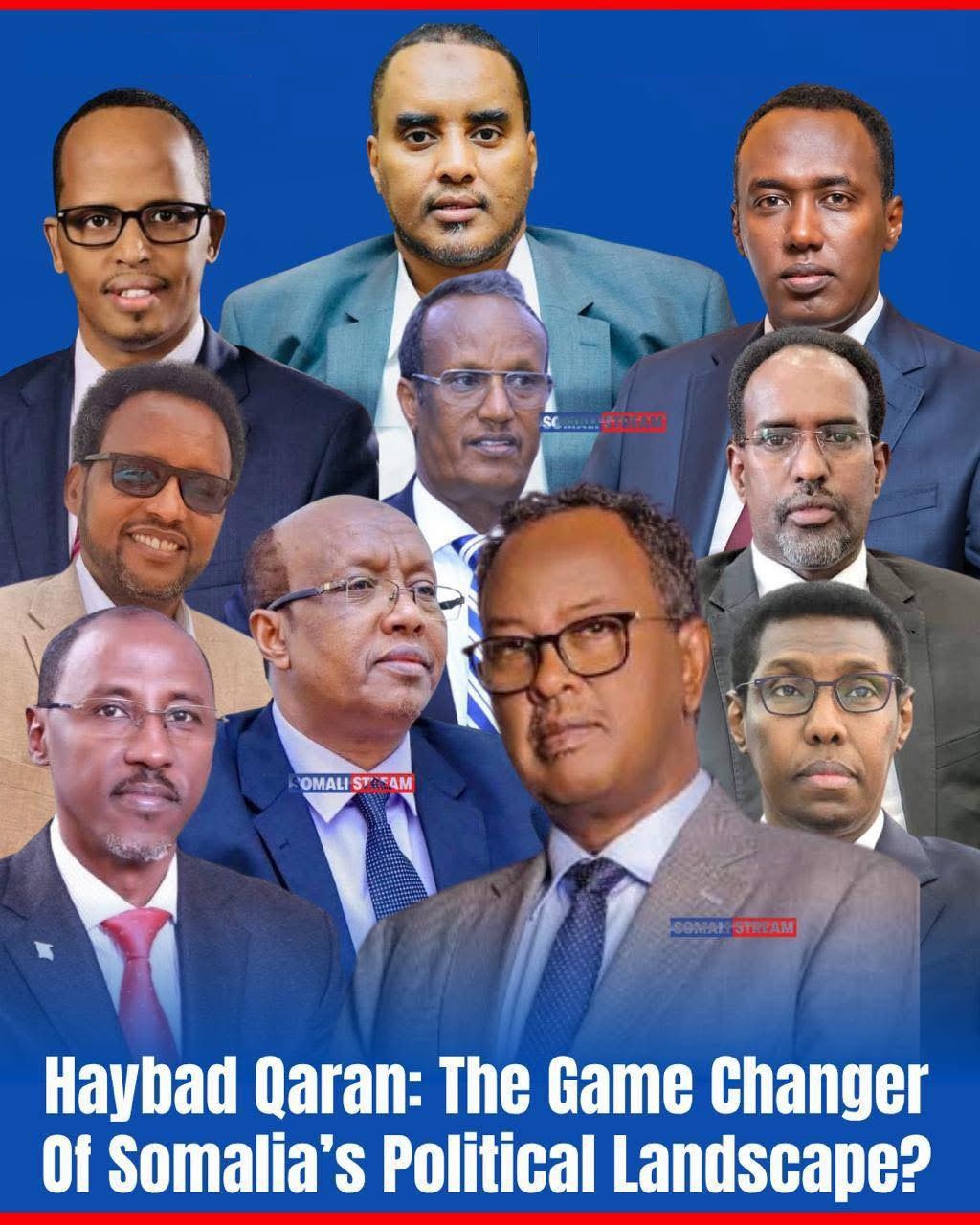

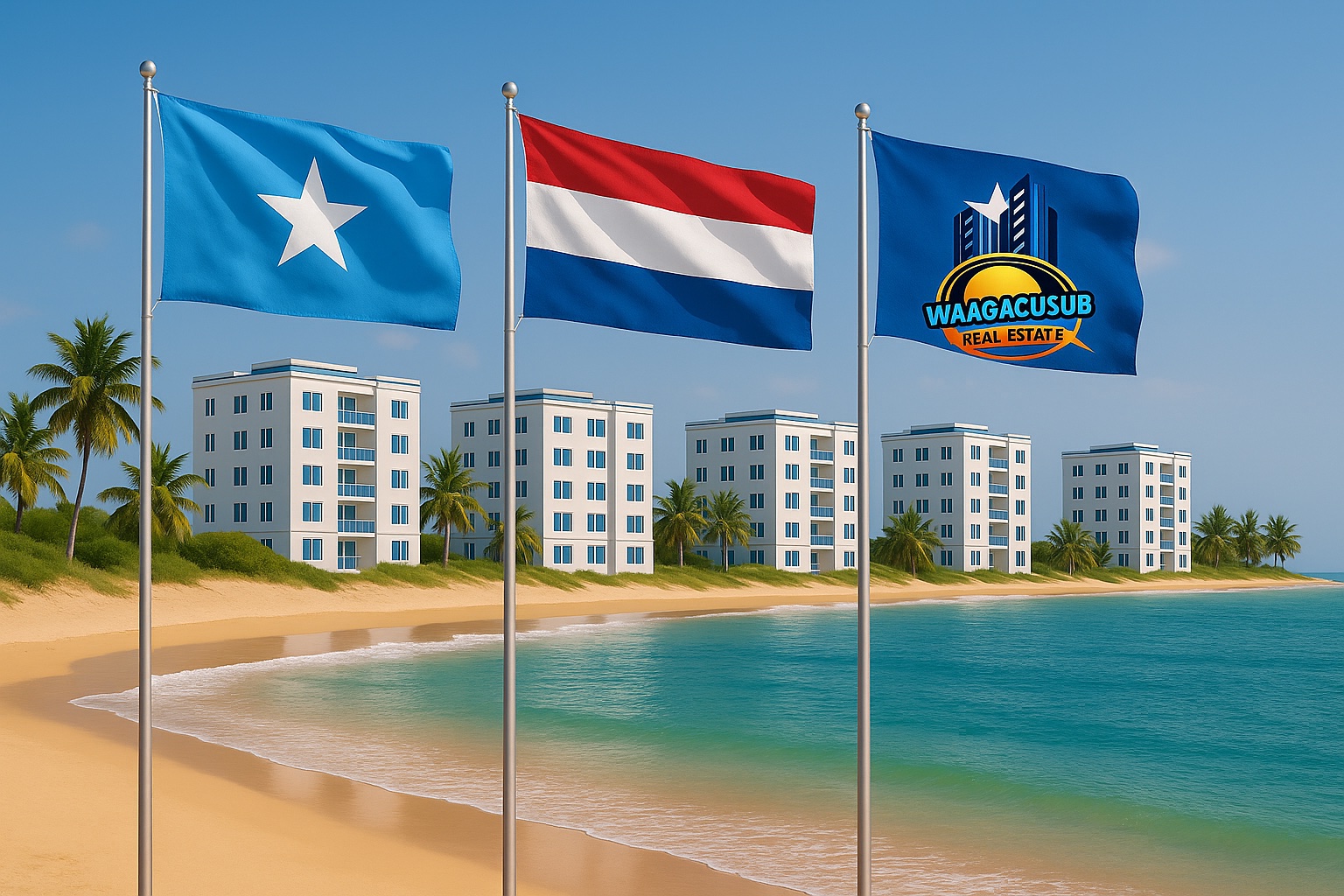
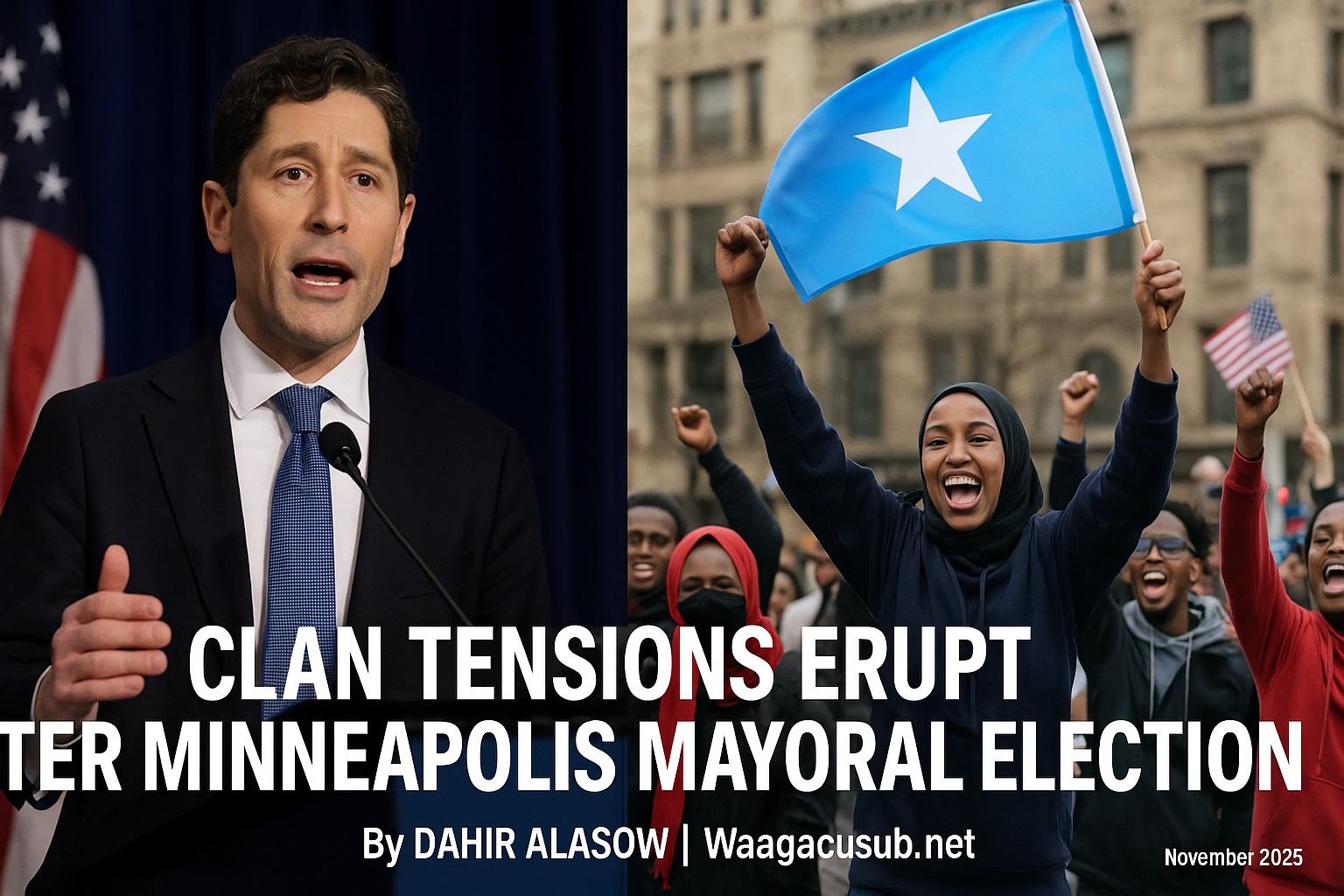

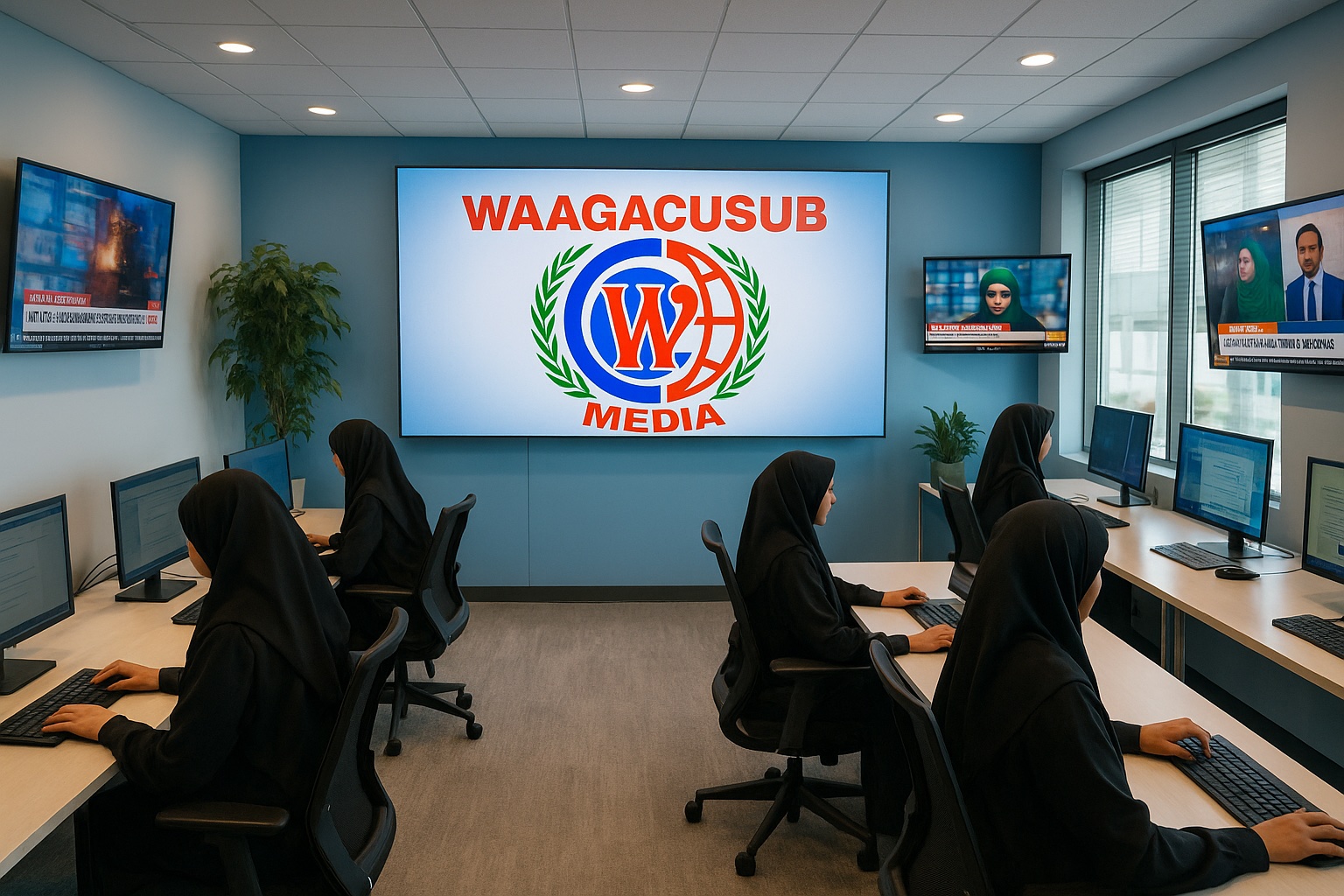
Security Sector Reform in Somalia: A Disaster in the Making
Political Reform 2013-2016 Between 2013 and 2016, Somalia experienced the hype and disappointment of "Vision 2016," metaphor for "political reform" that prioritized three tasks: 1. the review and completion of the Provisional Con